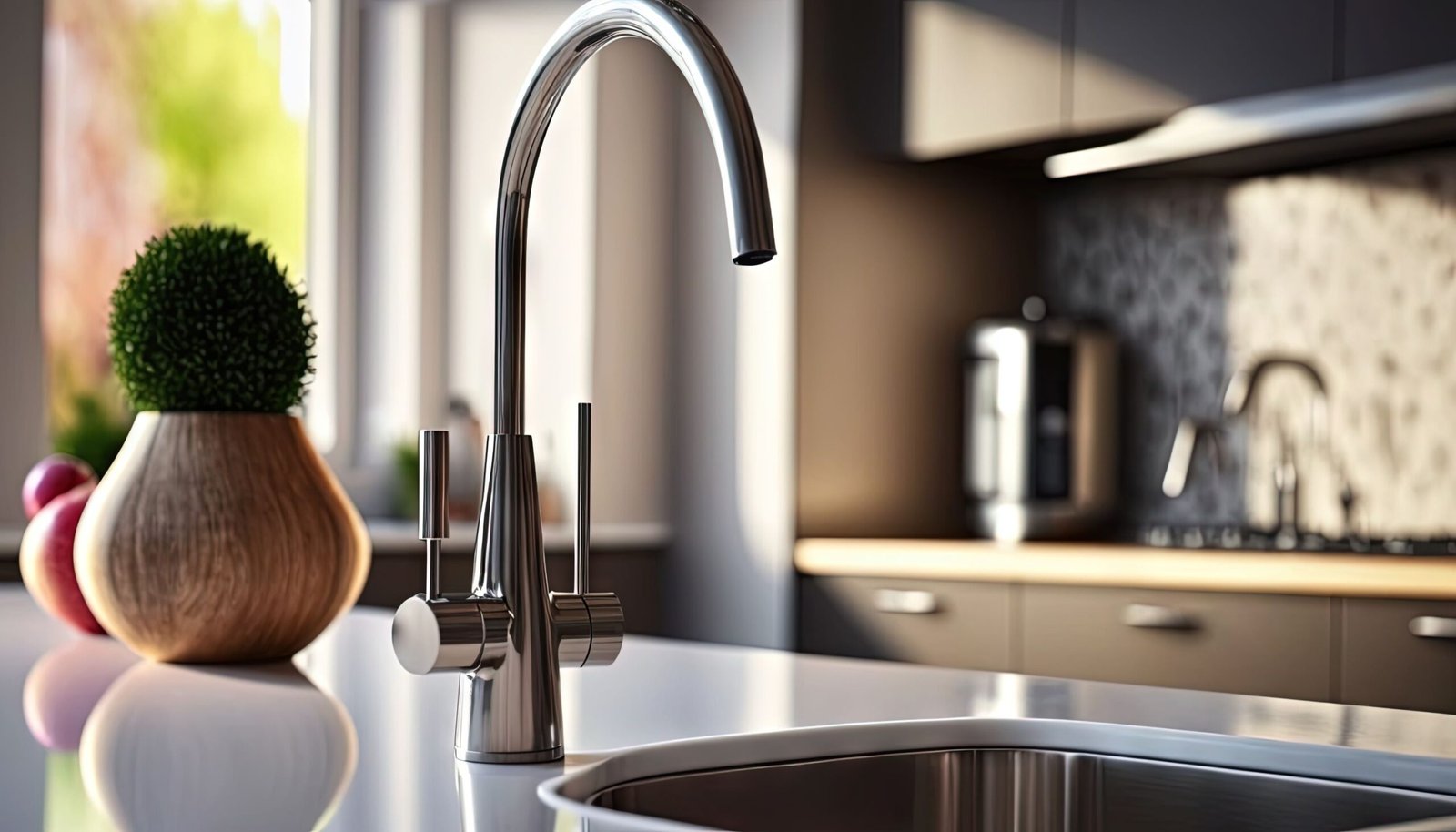The plumbing industry is not generally considered a hotbed of innovation, but recent advancements and new technologies are changing that perception. Are you curious about how these new developments can benefit you as a homeowner or plumber? From sustainable plumbing solutions to smart plumbing systems and virtual plumbing, the plumbing industry constantly evolves to meet customers’ needs and keep pace with emerging technologies.
In this article, you can explore some of the latest trends and advancements in the plumbing industry that are shaping the future of this essential trade.
- Sustainability
One of the biggest trends in the plumbing industry is the focus on sustainability. Customers are increasingly looking for ways to reduce their water usage, save money on utility bills, and lessen their environmental impact. As a result, many plumbing companies, including Dans Plumbing, offer eco-friendly products and services to help customers achieve these goals.
Some of the most popular sustainable plumbing products and services include:
- Low-flow toilets and showerheads that reduce water usage without sacrificing performance
- Tankless water heaters that heat water on demand, eliminating the need for a large, energy-consuming storage tank
- Water filtration systems that purify tap water and reduce the need for bottled water
- Leak detection and repair services that help customers identify and fix plumbing leaks, which can waste a significant amount of water over time
Overall, incorporating sustainable plumbing practices benefits the environment and provides customers with cost-effective solutions for their plumbing needs.
- Smart Plumbing
Another trend gaining momentum in the plumbing industry is the use of smart technology. Like smart homes, smart plumbing systems use sensors, automation, and remote control to make plumbing more efficient, convenient, and user-friendly. Some examples of smart plumbing systems include:
- Smart water heaters that learn your usage patterns and adjust their settings to optimize energy usage
- Leak detection sensors that alert you to a leak before it becomes a major problem
- Smart irrigation systems that use weather data and soil moisture sensors to water your lawn and garden only when necessary
- Water quality monitoring systems that track the quality of your water and alert you to any issues
Smart plumbing tech is advancing, bringing more efficiency and sustainability to homes.
- Virtual Plumbing
As technology continues to evolve, virtual plumbing is becoming a reality. With virtual plumbing, customers can use their smartphones or computers to connect with plumbers remotely and get real-time assistance with their plumbing issues. This technology can save customers time and money by reducing the need for in-person visits and allowing plumbers to diagnose and repair problems more efficiently.
Some examples of virtual plumbing technologies include:
- Video conferencing and live chat services that allow customers to speak with plumbers and show them their plumbing issues in real-time
- Remote diagnostic tools that can detect plumbing problems and provide potential solutions without the need for a plumber to visit your home
- Online scheduling tools that allow customers to schedule plumbing services at their convenience
With the continuous advancement of technology, virtual plumbing is expected to become increasingly accessible and efficient, leading to more streamlined and user-friendly plumbing services.
- New Materials
The plumbing industry is also experiencing a surge of innovation when it comes to materials. New, more durable, eco-friendly, and cost-effective materials are being developed over traditional materials like copper and polyvinyl chloride (PVC). Some of the most exciting new materials being used in plumbing include:
- Cross-linked polyethylene (PEX) pipes, which are flexible, durable, and resistant to freezing and bursting
- High-density polyethylene (HDPE) pipes, which are strong, lightweight, and resistant to corrosion and chemicals
- Green plumbing materials, such as bamboo and recycled glass, are sustainable and visually appealing
As you can see, the plumbing industry keeps up with the times by exploring innovative materials that can improve plumbing systems’ efficiency and sustainability.
- New Plumbing Codes And Regulations
As new technologies and materials are introduced, plumbing codes and regulations are updated to ensure plumbing systems’ safety, durability, and efficiency. These include requirements for plumbing materials, installation methods, and equipment, as well as guidelines for water efficiency and conservation.
- Rising Demand For Skilled Plumbers
As the plumbing industry continues to evolve, there is a growing need for skilled plumbers who can keep up with emerging technologies and techniques. This has led to increased demand for training and education programs to provide aspiring plumbers with the knowledge and skills they need to succeed in the industry.
Conclusion
As technology advances, more innovative solutions in the realm of smart plumbing will be developed, providing homes with greater efficiency and sustainability. Homeowners can use these advancements by working with licensed plumbers to upgrade their plumbing systems and make their homes more environmentally friendly.
Consequently, they can reduce their carbon footprint and save on energy costs in the long run. So why not take the first step towards a greener future by exploring today’s smart plumbing options?

